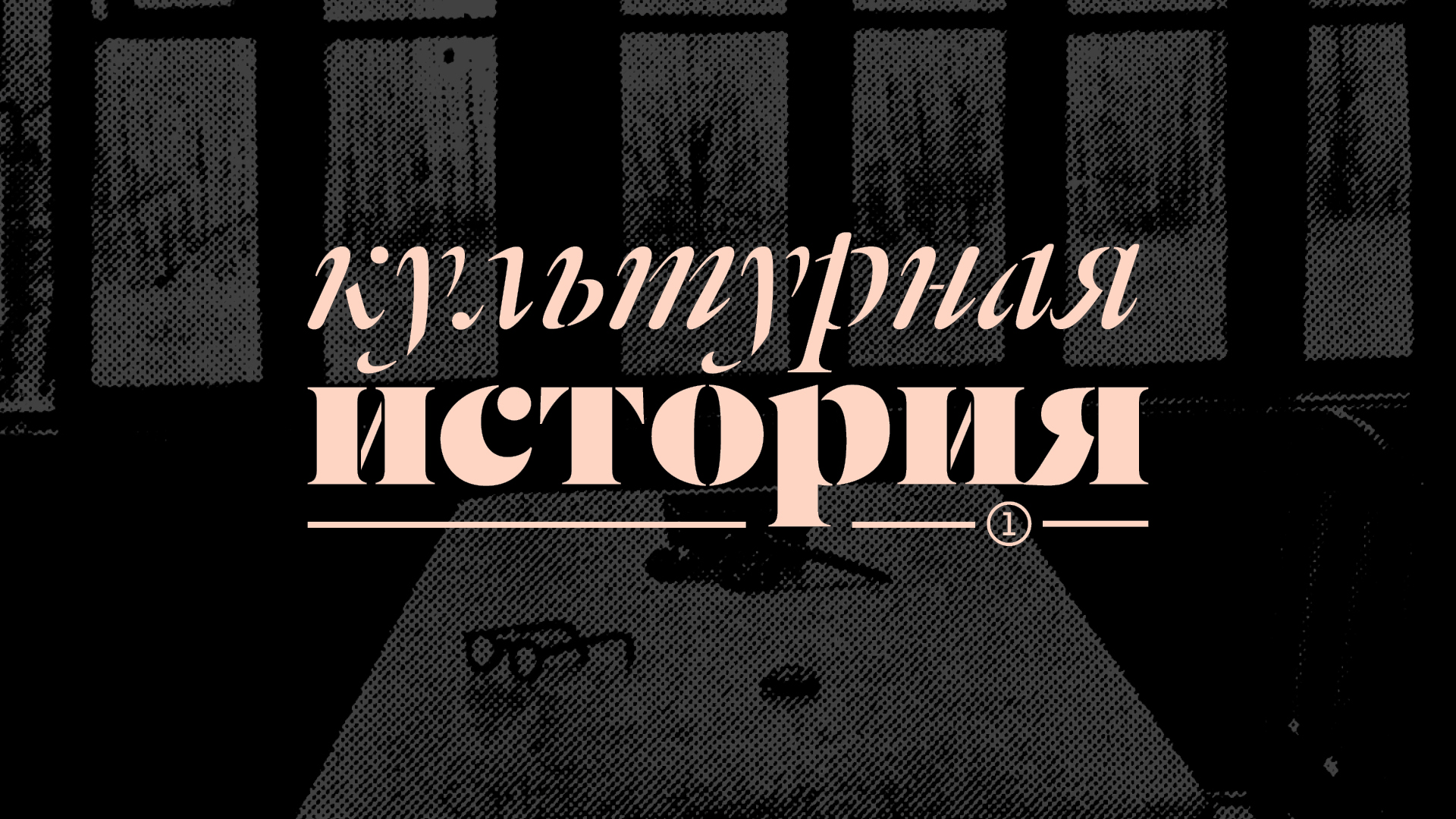Abstract
The article discusses the problems of forming government policy towards the labor movement in the first half of the 1870s. It was at this time that there was an increase in the number of protests by workers against difficult working conditions and the overuse of the administration at enterprises. Thus, a new threat to the political order arose before state institutions. This danger was the labor movement. The article describes how government departments faced new challenges to the political stability of the empire. These conditions forced them to develop tools for integrating workers’ protest into the political and legal system of the state. Strike participants could be integrated into the legal and political order of the post-reform Russian Empire either as state criminals or as common offenders. Specific decisions depended on law enforcement practices and accepted models for describing the revolutionary movement. Therefore, this study is structured around exploring the changes in the meanings and contexts of using the concept of “strike,” which for a long time was part of primarily the legal lexicon, and then quickly became an important political concept in the late 19th and early 20th centuries. It is concluded that back in the 1870s the state saw strikes as a serious threat to state security. Officials endowed the concept of “strike” with revolutionary potential and, thus, contributed to the further radicalization of its meaning.
